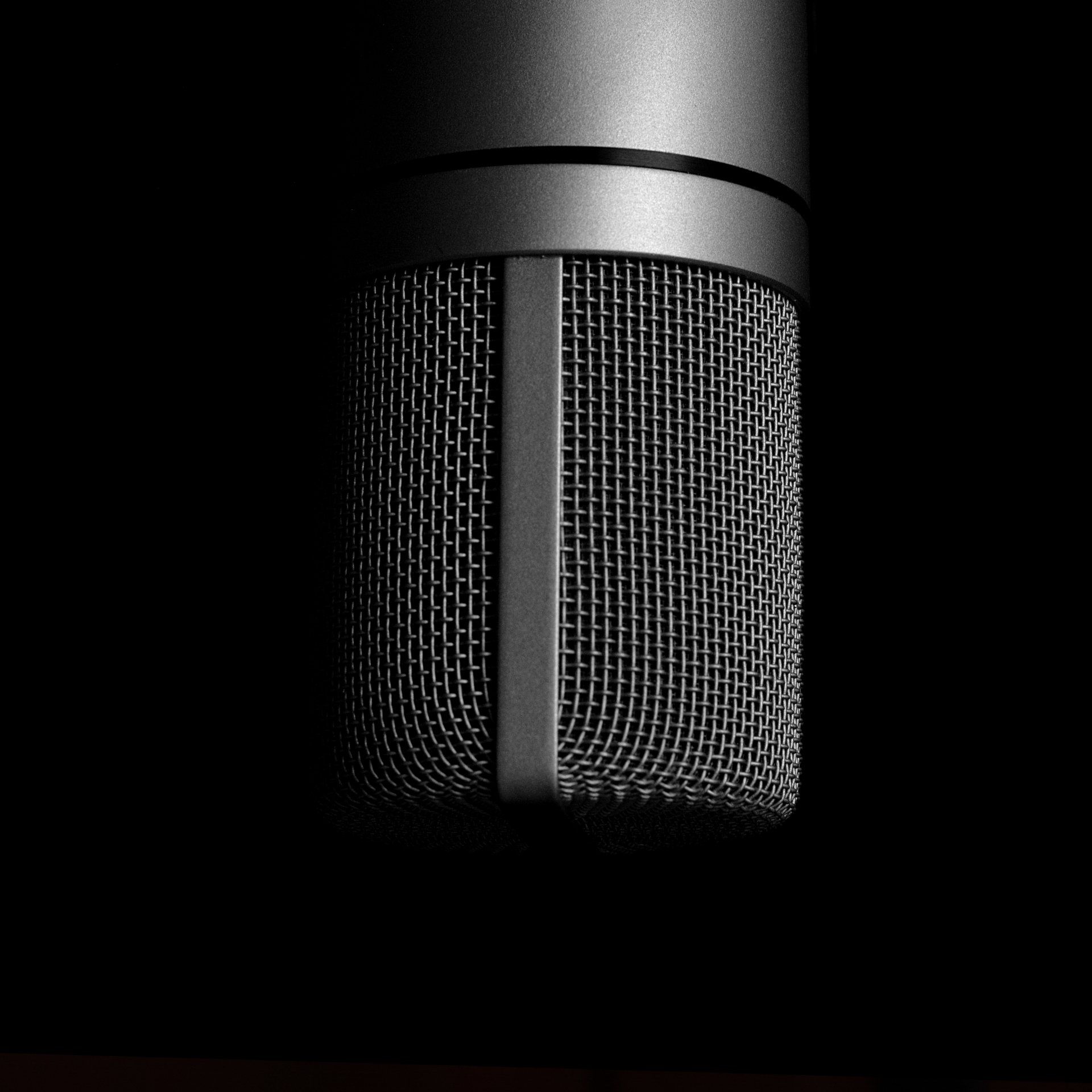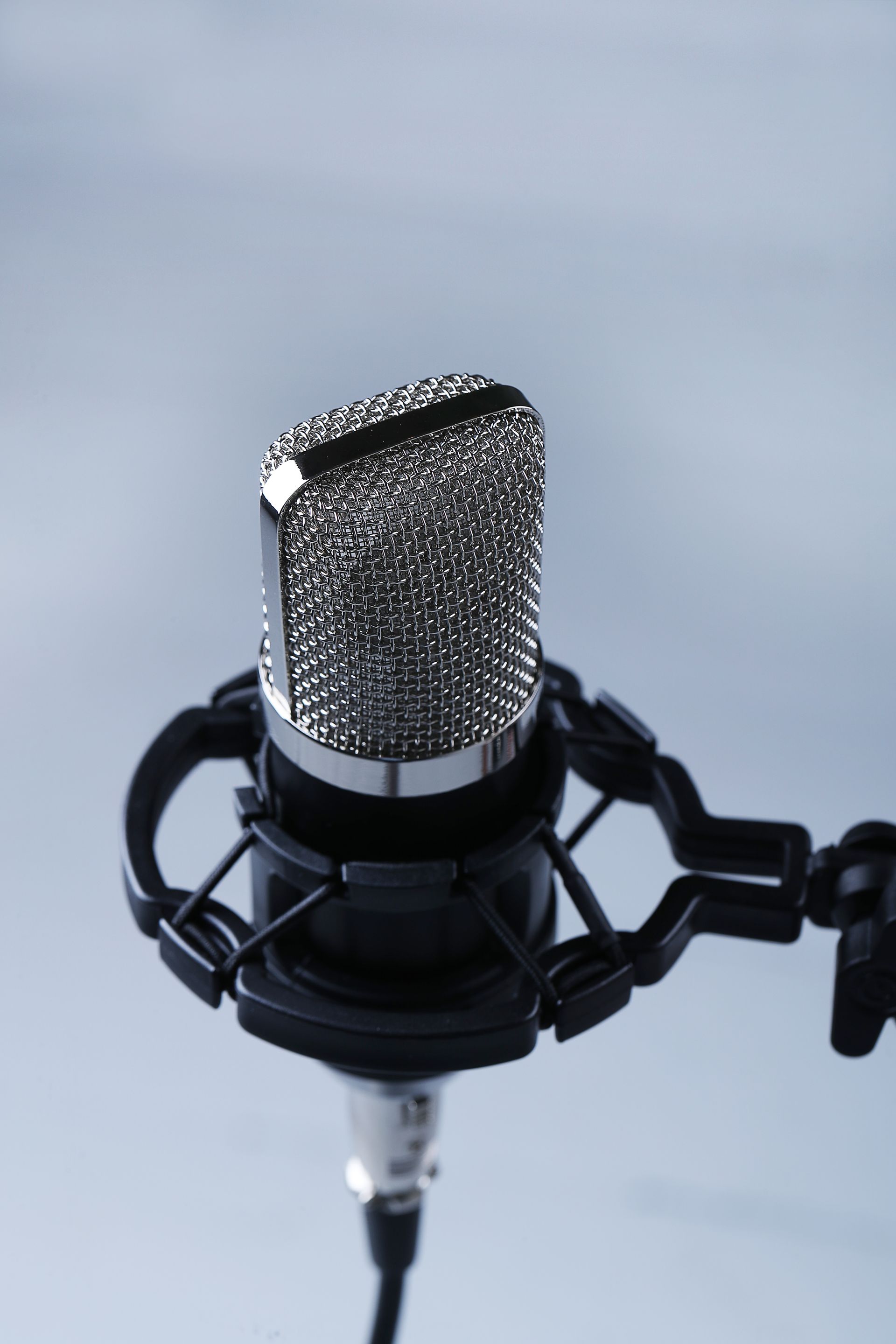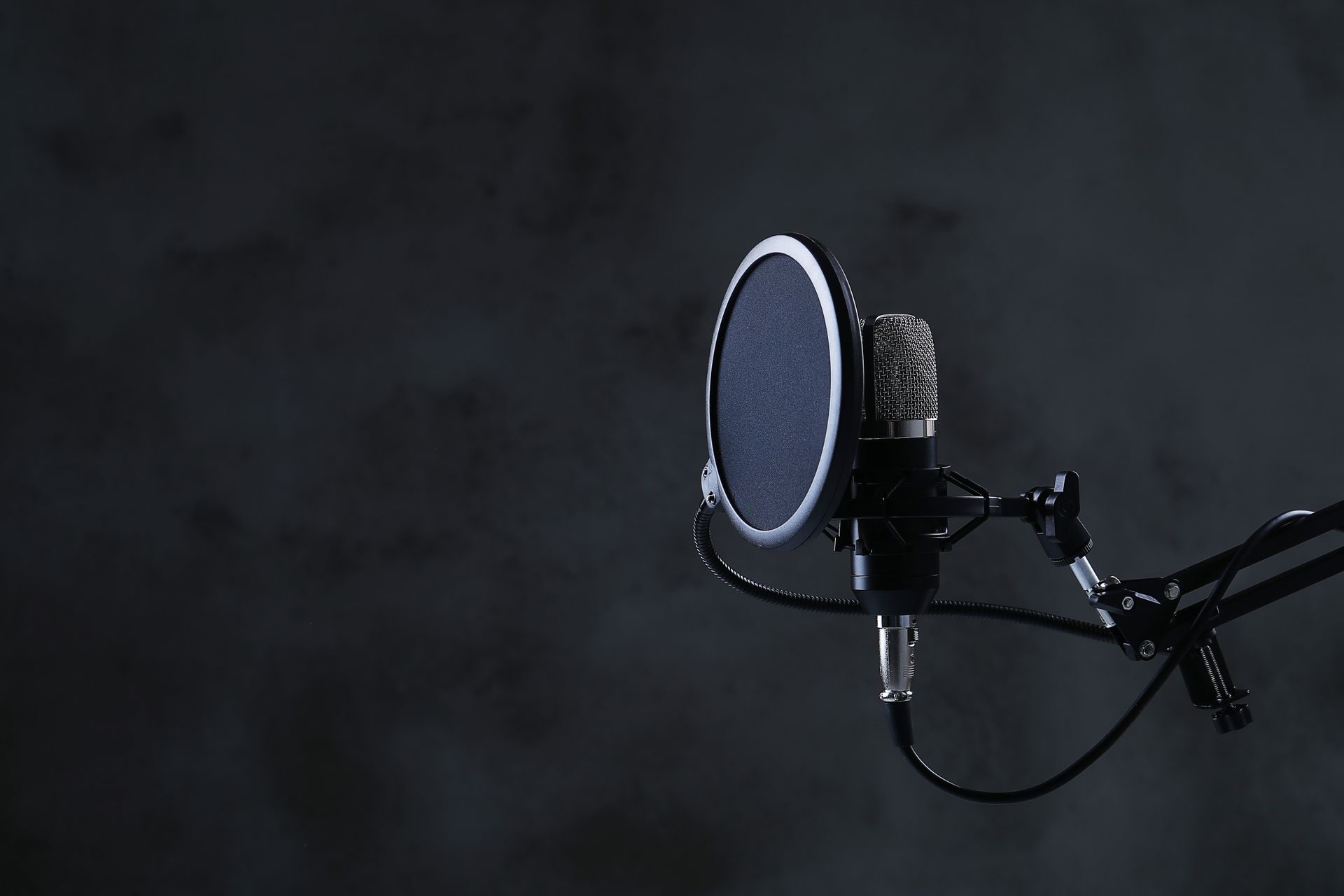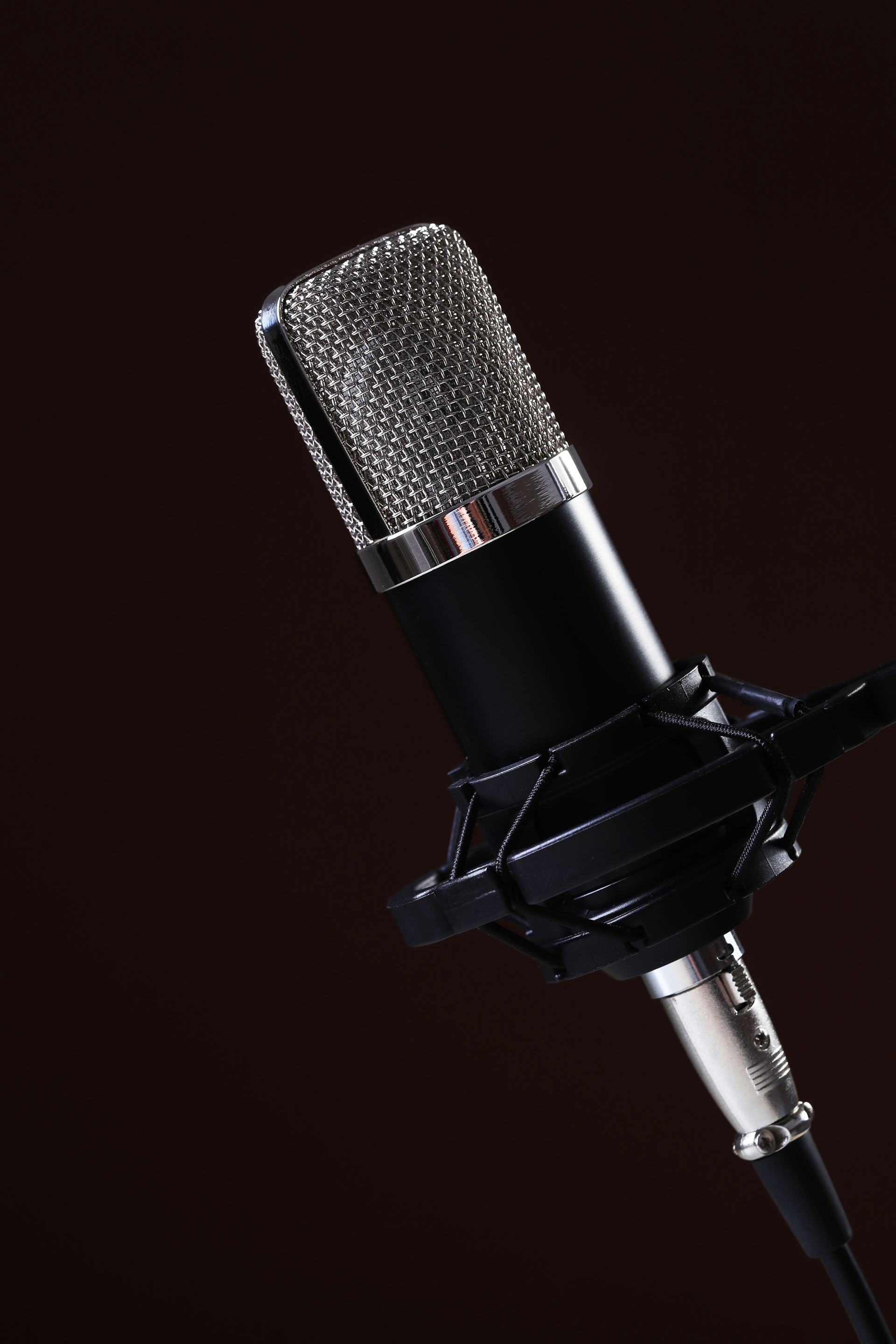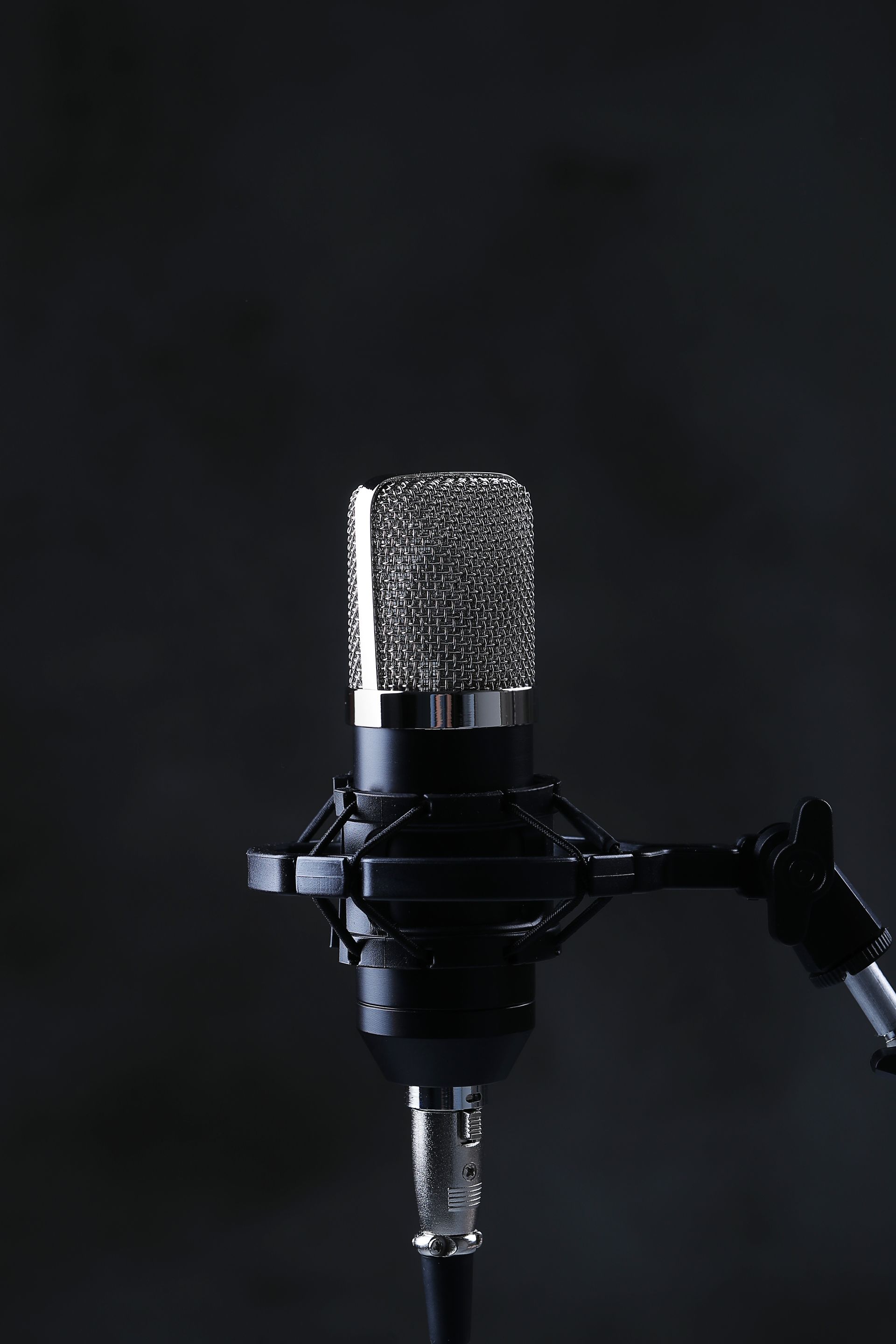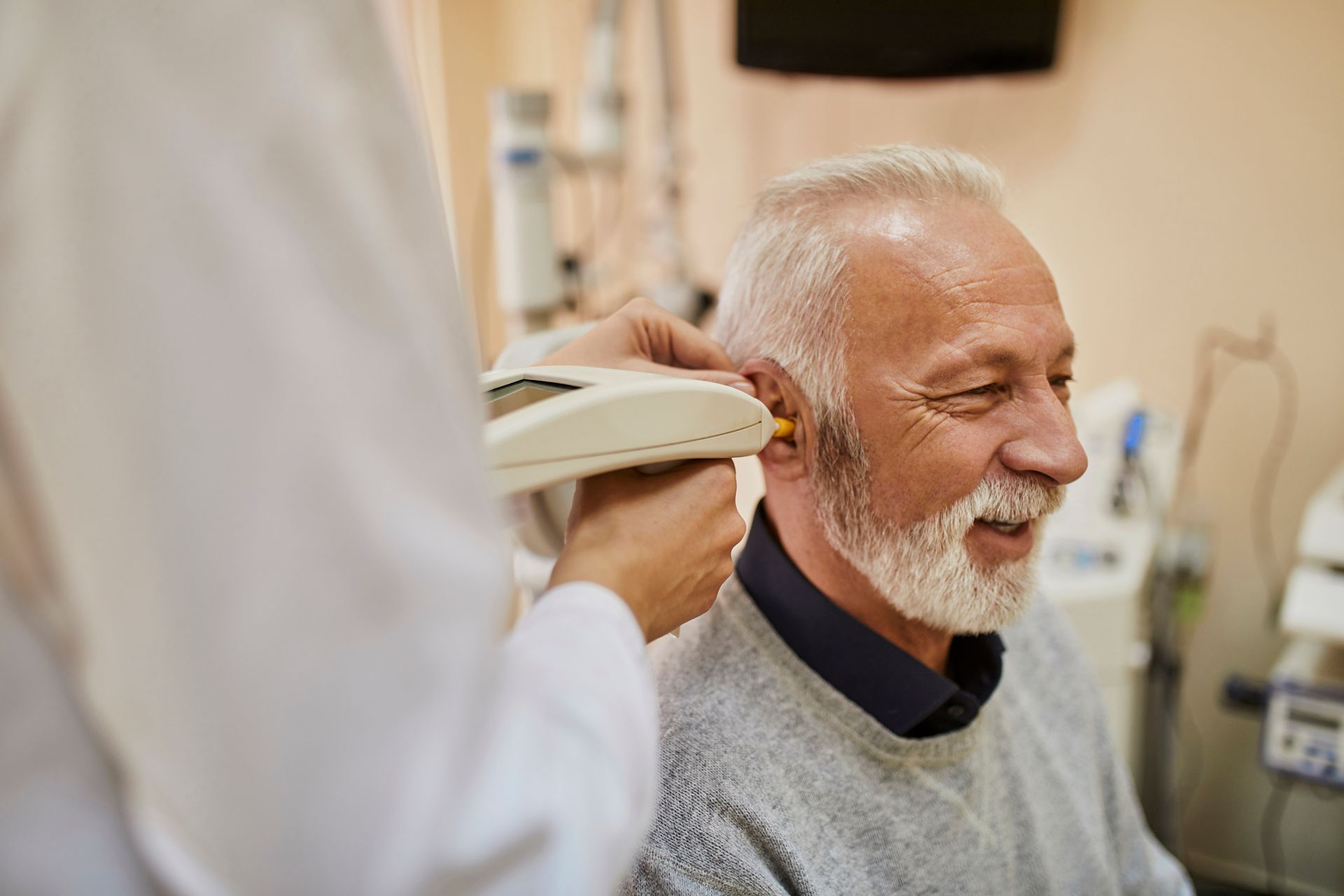
We Are
Our commitment begins with making sure you don't miss any of the precious sounds life may bring. It continues with finding the perfect hearing solutions for you. Next, we develop a strong relationship with you as we assist with those solutions and continue throughout your ongoing care and support.
We Are
Audiologists, Not Salespeople
Many people are advised to get a hearing aid, only to be intimidated by numerous options. We understand it can be tricky to sift through all the hearing aid marketing to find the best device for you. Don’t be fooled by tv “ads” or CONSUMER REPORTS. That's why we pride ourselves on taking the doubt and uncertainty out of hearing aids. We believe in quality treatment that allows time to ask and answer any questions you have. We are a "no pressure" hearing practice, offering you all the information you need to help you make the best decision.

Here To Serve You
Whether you're a new or an established patient, our audiologists go the extra mile to make your visit comfortable and inviting. Our professional team will take the time to listen to your needs and concerns and provide you with quality information you need for your hearing assistance decisions.
Focus On You
Working towards a robust patient-provider relationship focused on honesty, dignity, and values, our goal is to make sure you don't miss any of the precious moments of your life. Our personal touch and individual attention to your concerns allows us to rise above the online and box store tactics.
Inform You
We see patient awareness as one of our primary objectives because while patients may visit us once a year, every other day of the year they are being exposed to different noises and sounds. At our office, you'll never feel rushed as we answer all of your questions and help you find the solution you've been searching for.
Understanding
Hearing Loss
Hearing loss affects millions worldwide, fundamentally altering communication and daily life. Understanding Hearing Loss involves recognizing its three main types: sensorineural, conductive, and mixed. Each type disrupts sound perception differently, underscoring the importance of early diagnosis and tailored audiological care
- Sensorineural Hearing Loss: The most common type, caused by damage to the inner ear or auditory nerve, often resulting from aging, exposure to loud noises, or genetic factors.
- Conductive Hearing Loss: Arises when sound waves cannot properly travel through the outer and middle ear, possibly due to ear infections, fluid buildup, or structural abnormalities.
- Mixed Hearing Loss: A combination of sensorineural and conductive issues, addressing both the conductive mechanism and inner ear health.
The impact of untreated hearing loss is profound, influencing job performance, social interactions, and emotional well-being. It's crucial to seek professional audiological services for diagnosis and management. With the right support, those experiencing hearing loss can lead full, active lives without missing life's precious moments. Regular hearing checks and modern hearing solutions can make a significant difference, underscoring the importance of awareness and early intervention. At Ohio Audiology Associates, we are equipped to diagnose and manage all types of hearing loss, helping you navigate the path to improved hearing health.
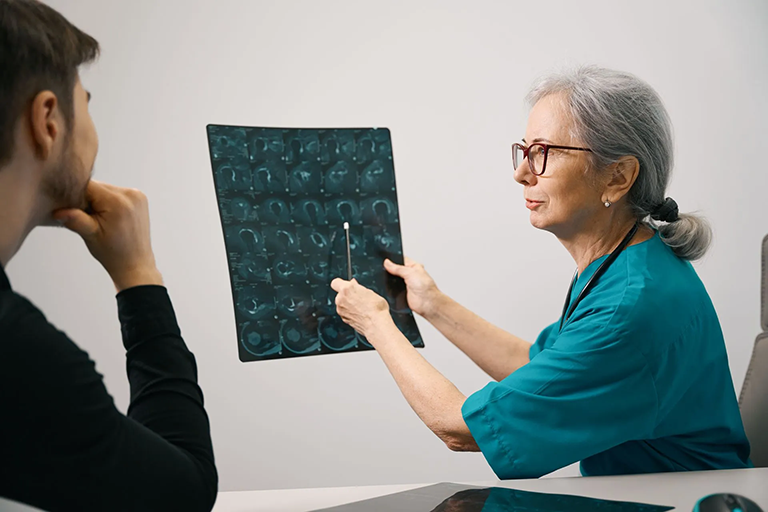
Frequently Asked Questions
Ohio Audiology Pam Cook WHBC
